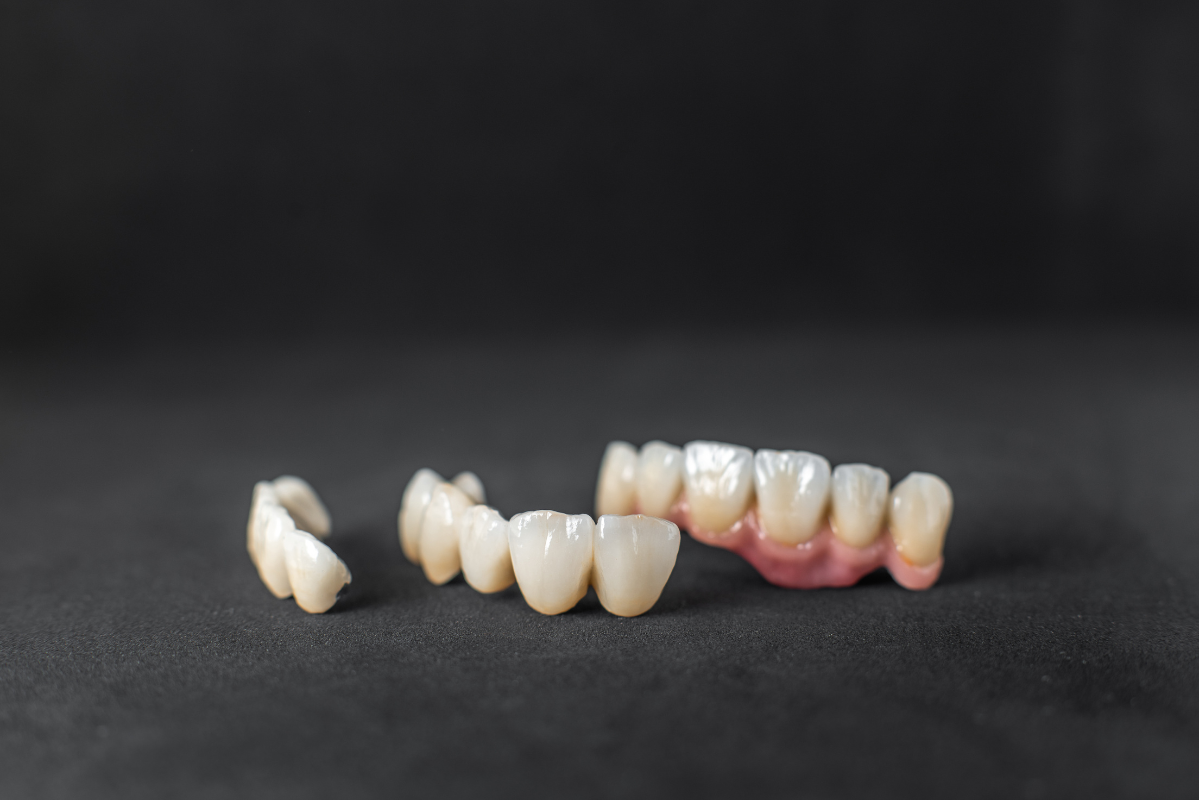
Emergency Dental Care for Seniors: Special Considerations and Tips
April 10, 2025
dental emergency
Have you ever had a dental emergency ruin your weekend? Now, just imagine that situation at age 75. Emergency dental care becomes urgent and complicated as well when it comes to seniors. It’s not only about pain. It’s about health risk and quick decisions.
If you delay getting treatment, it can lead to infection, hospitalization, or worse.
Reasons Seniors Are More Prone to Dental Emergencies
Emergency dental care becomes essential. This is because of age-related complications like gum disease and fragile teeth. Dry mouth among seniors is likely to cause decay and oral infections.
Chronic diseases like diabetes and osteoporosis render dental issues more perilous. Medications like diuretics or blood thinners vigorously impact gum health and healing. Denture complications can lead to sores, bleeding, and infections.
Each health factor has the ability to complicate emergency dental care in seniors. Emergency dental visits become more common for such conditions.
Common Types of Dental Emergencies Seniors Face
- Lost or broken dentures are prevalent. They are immediately capable of interfering with speaking and eating.
- Toothaches and abscesses can cause excruciating pain. Sometimes, they potentially lead to life-threatening infections.
- Chipped or cracked teeth need emergency dental care. This is to avoid further damage.
- A knocked-out tooth is an emergency that needs immediate professional attention.
- Gum infections or bleeding can indicate a deeper problem requiring prompt attention.
- Loose crowns or fillings are painful. They pose infection risks.
Special Considerations
An emergency dentist must know the complete medical history of seniors while offering emergency dental treatment. Medications like blood thinners or immunosuppressants vigorously complicate treatment. You should always make the emergency dentist aware of underlying health conditions.
Mobility issues have the ability to cause a delay in reaching a dental clinic on time. Some seniors find it difficult to arrange transportation in emergencies. Cognitive disorders like dementia impair communication during treatment.
Caregivers need to help explain symptoms clearly to the emergency dentist. It is to be stated that communication issues make it harder to describe pain or symptoms.
Financial hardship or restrictive insurance may lead to the delay of emergency dental care. Seniors often have fixed incomes or restrictive dental coverage. Dental plans rarely cover urgent care. Moreover, they can add additional stress. Therefore, seniors need to plan for emergency dental services to decrease future stress.
Tips for Caregivers and Family Members
Being caregivers, you must look for swelling, bleeding, or sudden pain. These are warning signs of a dental emergency. You have to act fast and call an emergency dentist without delay. Consider applying cold compresses and taking over-the-counter pain medication until assistance comes.
Don’t use aspirin directly on gums. It burns. Ensure you have a list of emergency dentist phone numbers handy by the phone. You must have denture repair kits and mouthguards in a convenient location. Consider preparing a small dental emergency kit specifically for seniors.
You have to schedule routine dental visits to prevent bigger issues later. Ask your dentist if they handle walk-ins or after-hours care. You need to choose dental providers who understand geriatric care needs.
Emergency dental care for seniors requires quick thinking and proper planning. Age, condition, and drugs all have significant impacts on consequences. You must know what to look out for, be quick, and select the right emergency dentist. Take charge and don’t wait until there’s a crisis, make a plan.
Make checkups with our dentists a part of your schedule, and always be prepared with our dental emergency numbers. Keep your loved ones safe, healthy, and free from pain.
More Blog Posts
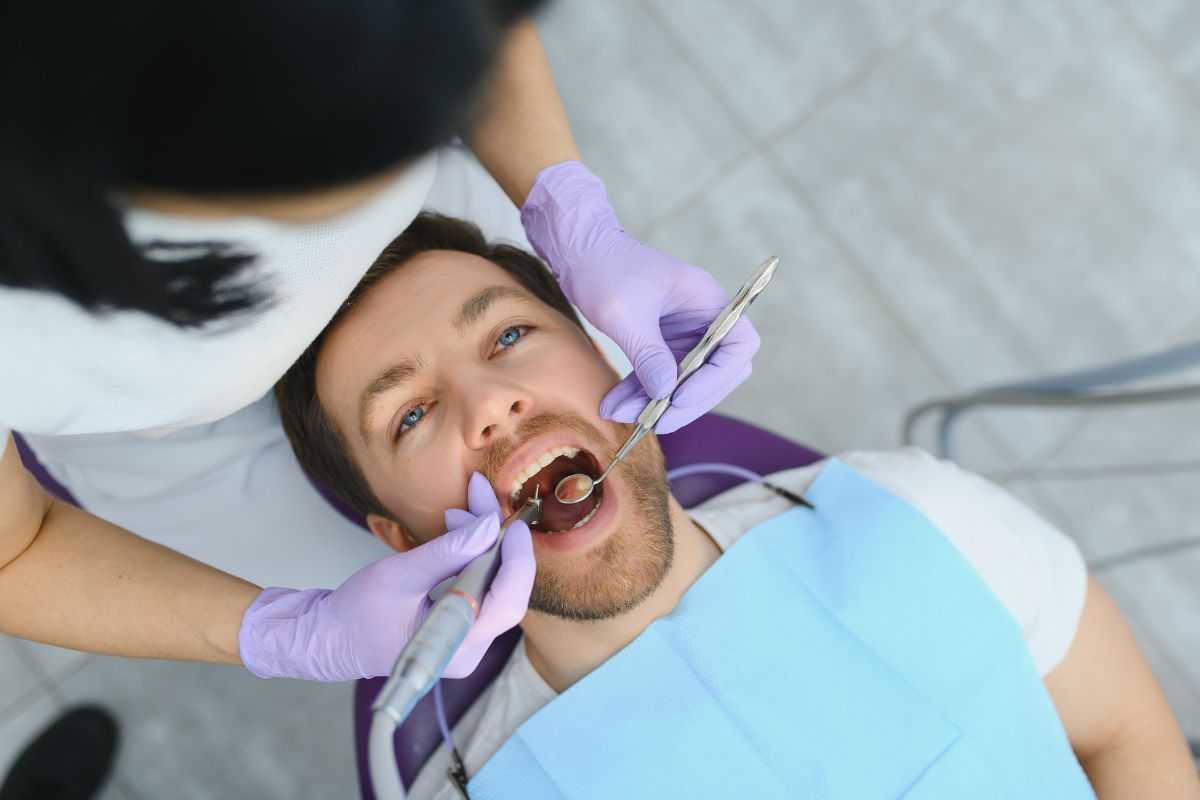
Composite vs. Amalgam Fillings: Which Is Better for Your Smile?
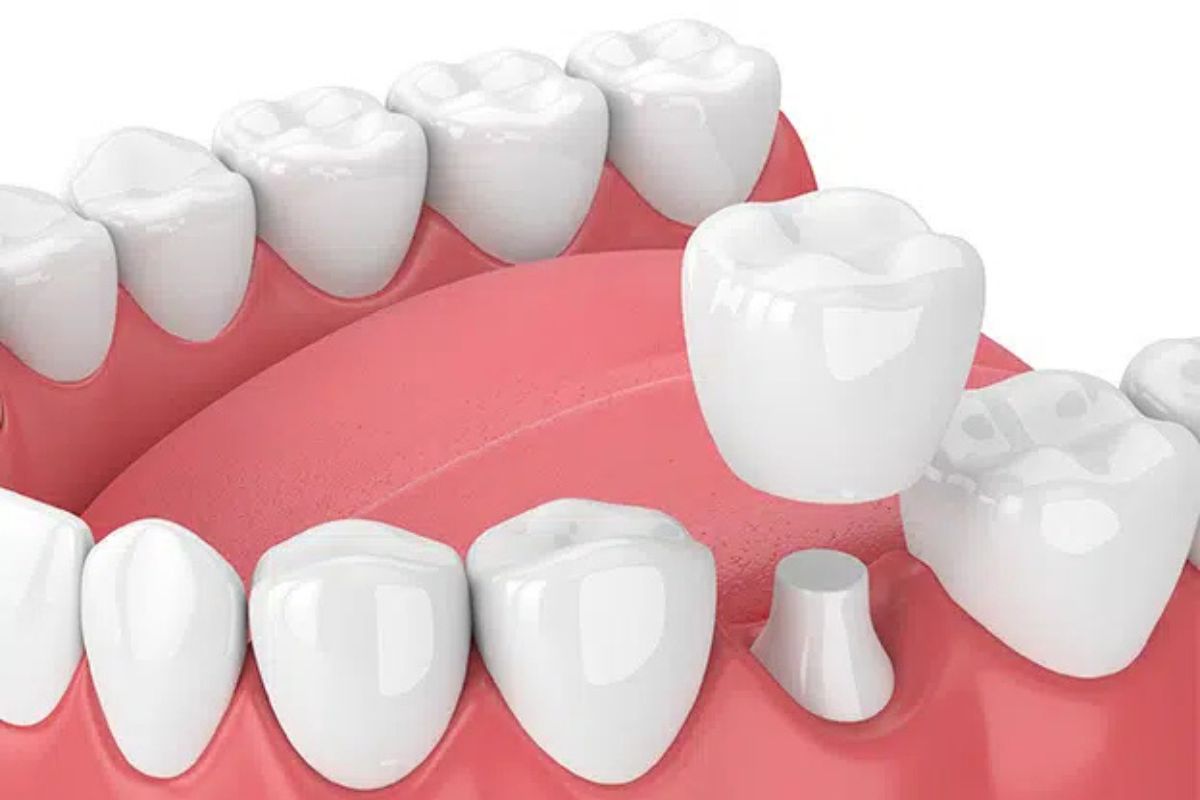
How to Know When Your Dental Crown Needs Replacement
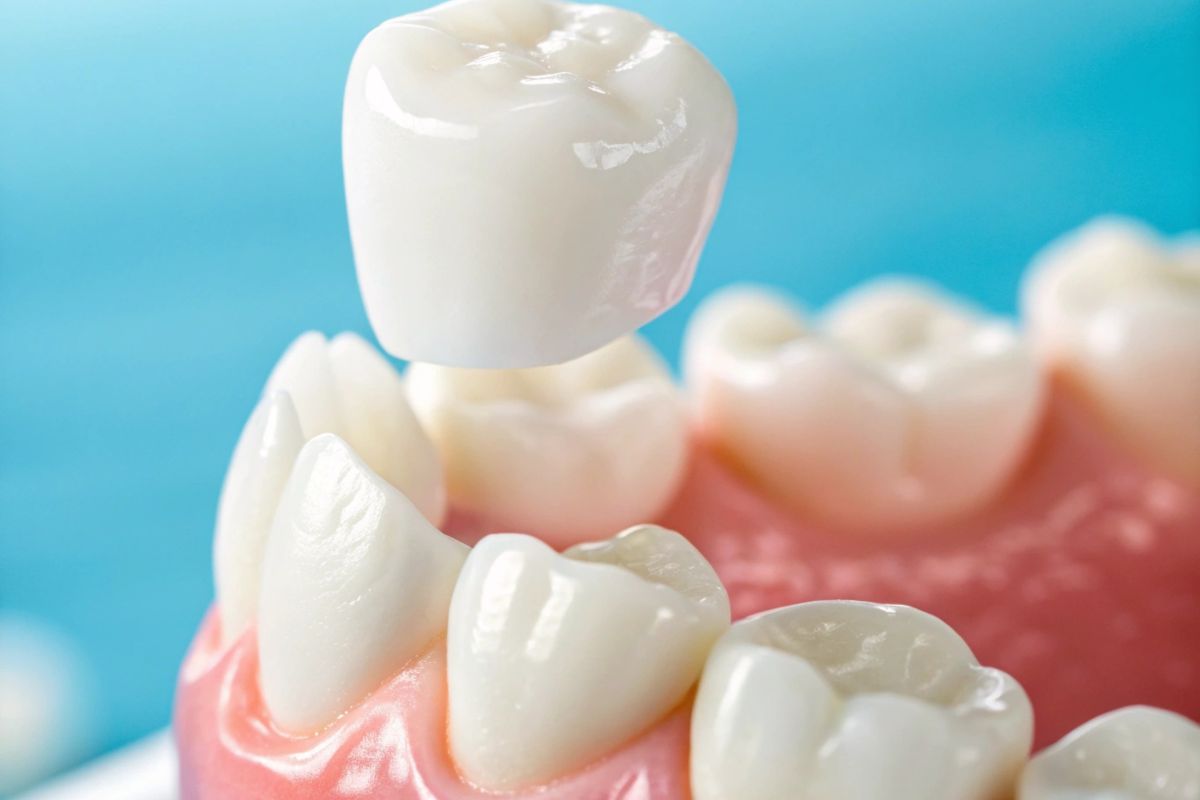
Dental Crown Problems & How to Fix Them
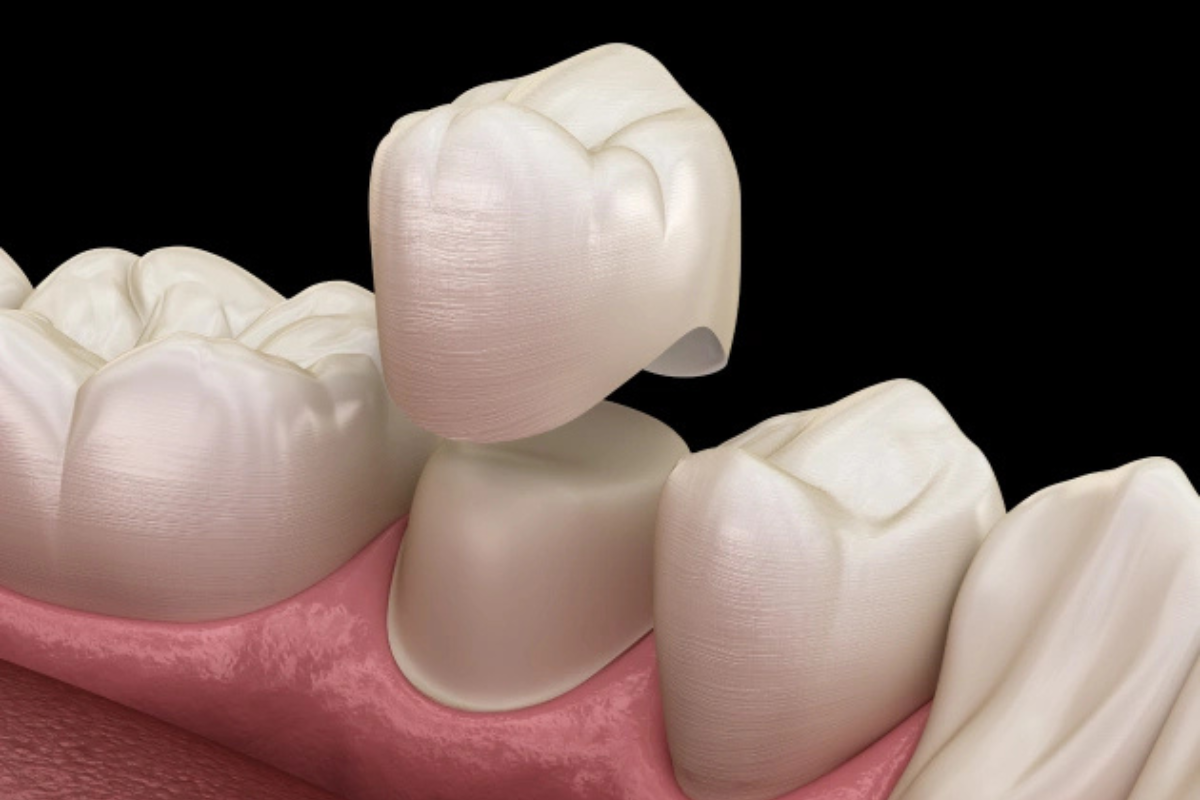
Caring for Your Dental Crowns: Do’s and Don’ts
